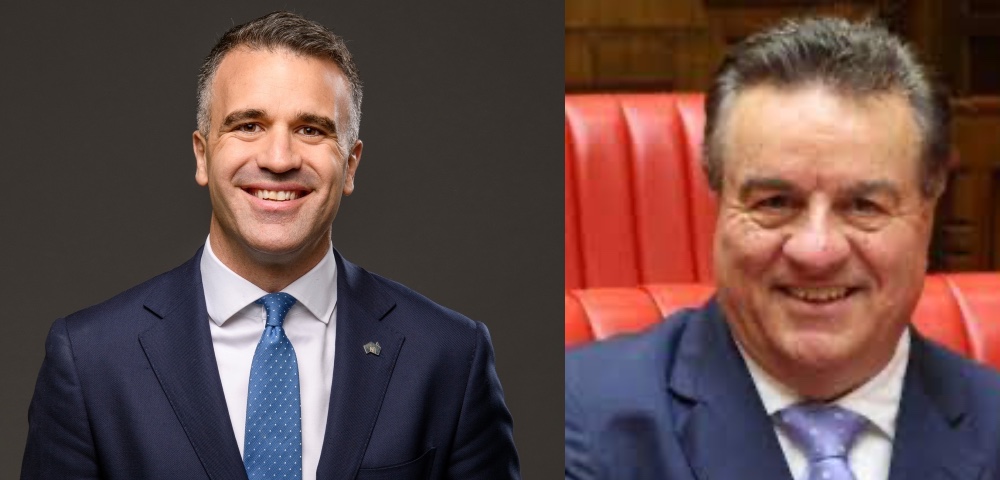
MLC Frank Pangallo Blames SA Premier For ‘Killing Off’ His Anti-Trans Motion

South Australian MLC Frank Pangallo blamed Premier Peter Malinauskas for “killing off” his anti-trans motion in Parliament.
Pangallo proposed a motion seeking a Parliamentary inquiry into gender-affirming care and what he called the “explosion of gender dysphoria in our society”.
Malinauskas refused Labor members a “conscience vote”, even as the conservative organisation Family Voice Australia claimed that many Labor members were ready to support Pangallo’s motion.
“The Premier told me this inquiry, this debate, has no place in our state parliament because it would turn into a “shit show” of “culture wars” to use his own words,” Pangallo posted on social media.
Earlier, Senator Pauline Hanson and expelled Liberal MP Moira Deeming had failed to get similar inquiries passed in the federal and Victorian Parliament, respectively.
‘Leave Gender-Affirming Care To Medical Experts’
LGBTQI advocates had slammed the proposed motion and called on politicians to leave gender-affirming care to health professionals and medical experts.
“We have some of the world’s leading clinicians and experts in transgender healthcare in Australia and they are best placed to make decisions about the kinds of care provided to young people,” Rebecca Galdies from the South Australian Rainbow Advocacy Alliance (SARAA) said in a statement.
“An inquiry would only generate unnecessary and damaging debates, causing harm to an already vulnerable group of people, when the evidence on the benefits of gender-affirming care is clear and well-established,” said Galdies.
Equality Australia CEO Anna Brown said that evidence showed “denying young people access to gender-affirming care would cause them immeasurable trauma and harm and, in some cases, cost them their lives.”
‘Essential Medical Care’
According to Dr Portia Predny, Vice President of AusPATH (the Australian Professional Association for Trans Health), medical practitioners in Australia followed guidelines.
“Gender-affirming care is essential medical care and research shows us that it has overwhelmingly positive impacts for trans and gender diverse people. The decision to undergo gender-affirming medical care is a personal healthcare decision made by the patient, and in the case of younger people, with the support of their parents,” said Predny.
“It is facilitated by medical and other healthcare professionals who have knowledge, experience and expertise in this field of healthcare, and treatments are tailored to the individual and their needs.”
“Gender clinics and gender-affirming clinicians support patients to be able to explore their gender identity through a variety of means, including through social and legal pathways of affirmation, as well as medical treatments that help to alleviate a person’s dysphoria,” Predny said.
Political Opportunism, Say Parents
Carlie Morris, from Parents of Gender Diverse Children (PGDC), denounced the politicisation of essential gender-affirming care.
“We should not have to compromise our children’s access to health care for the sake of political opportunism. We as parents should not have to waste time-fighting ignorance and intolerance,” said Morris.
“We see parents work diligently with their medical practitioners when it comes to making evidence-based decisions about their children’s medical treatment. This process is not only a responsibility but also a fundamental right for parents, allowing them to support the ongoing well-being and health of their children, ensuring that they have the potential to thrive,” added Morris.









